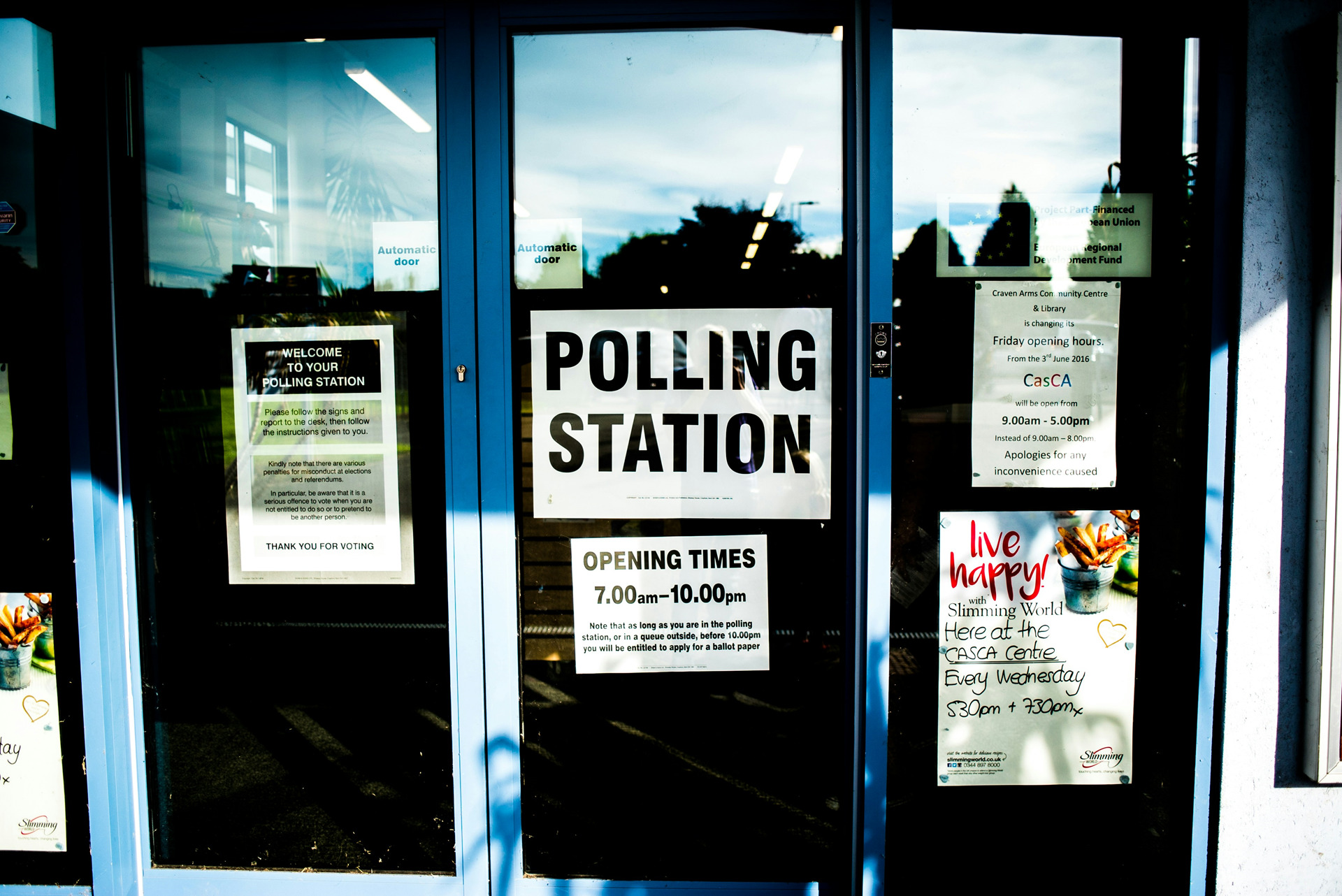
Former leader of the SNP, Alex Salmond, announced today that he is launching a new political party, Alba, who will field a minimum of four candidates in each regional list in Scotland's upcoming Holyrood Elections.
Clearly, Alex Salmond’s new party aims to strengthen the case for independence by harvesting otherwise wasted list votes from the SNP and turning them into pro-independence Holyrood seats for the Alba Party. By taking votes away from the SNP in the list, it’ll put the top-up seats usually won by the Conservatives, Labour and Greens most at risk, as the SNP do not tend to gain many additional list seats, such is the dominance they show at the constituency vote.
A pro-independence alternative to the SNP, that only stands on the list, could then serve to essentially manipulate the electoral system to return more pro-independence MSPs than the SNP would on its own.
This is what has always made, at least from an electoral arithmetic point of view, the slogan “both votes SNP” somewhat questionable for Nicola Sturgeon’s party. Ultimately they gain very, very little from their legions of supporters – nearly 1 million at the last election in 2016 – voting SNP with their list vote.
In fact, for context, it took around 18,000 SNP votes to return an SNP MSP in 2016 with the constituency vote, but took 240,000 SNP votes to return an SNP MSP on the list. A pro-independence alternative to the SNP, that only stands on the list, could then serve to essentially manipulate the electoral system to return more pro-independence MSPs than the SNP would on its own.
Of course, perhaps “both votes SNP” is not just about independence; a cynic may say it’s about total SNP hegemony, whereby the party wants to continue to bang the drum, uninterrupted, for independence without the interference of anyone else, and Salmond’s new party could possibly upset the apple cart a little where other, smaller independence parties have failed to cut through.
There’s probably also something to be said about a political party advocating a message encouraging supporters to vote for a different party with one of its votes; not only is it fairly unheard of in UK politics, but it also relies on voters understanding the nuances of the electoral system.
While Scots, on the whole, do seem to understand how MSPs are elected better than most English people understanding how MPs are elected to Westminster, there will always be a fear of confusing messaging if advocating splitting votes between parties, and therefore “both votes SNP” may continue to make logical, if not mathematical, sense.
Nevertheless, that does mean that, if the ultimate prize is independence, and the best way of convincing the UK government to grant a second referendum is through a mandate established in Holyrood, the SNP continues to waste list votes. The Alba Party provides a potential antidote to that, although the next key question is whether Salmond and his new party can get enough votes to make the impact he, and the independence movement, desires.
In Scottish electoral regions, often just 5-7% of the list vote is enough to win a list seat, especially in regions where the SNP dominates the constituency vote, such as in Salmond’s old stomping ground of North East Scotland. There, in 2016, the Liberal Democrats elected an MSP on the list with just 6% of the vote, and therefore it may not take many SNP voters switching to Alba in the list to take seats away from Labour and the Tories in Holyrood come May.
But even then, how many SNP supporters will make that switch? Our most recent polling has the SNP on 40% in the list vote, but two-thirds of SNP voters say that they trust Salmond less in the wake of the Salmond Inquiry than they did before. The same voters are four times more likely to say that they trust Nicola Sturgeon more than less, post-inquiry, and these data were collected well before Sturgeon was cleared of breaching the Ministerial Code.
For SNP voters, the new Alba Party presents them with a potentially difficult choice. To secure more pro-independence voices in Holyrood, lending their list vote to Alba makes sense, but that may mean, in the eyes of some, betraying their party and their leader, and the data is clear that the vast majority of SNP supporters favour Sturgeon over Salmond.
The saving grace for Salmond and his new party, though, is that they do not need to convince too many SNP voters to lend him their list vote for him to make his mark at the election in May – but whether he becomes more of a headache for Sturgeon if elected, may make those voters loyal to her think twice before giving Salmond their vote.





